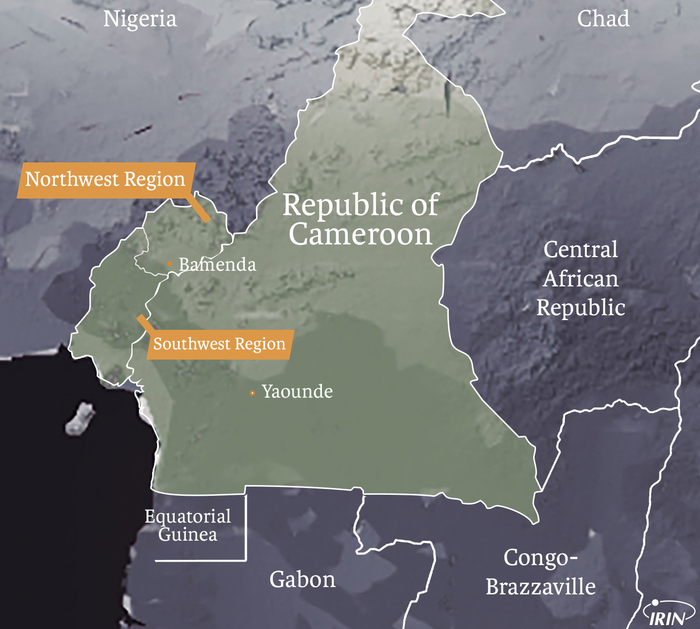
After three years of conflict, a tentative peace process is underway between the Cameroon government and scessionist rebels demanding independence for the country’s two western anglophone regions. Cameroon is a majority francophone country, and its Northwest and Southwest regions complain that they have been deliberately marginalized by the central government in Yaounde. What began as a protest movement in 2016, calling for federalism, degenerated into fighting and a demand for full independence after the government clamped down on the movement.
The conflict has since killed more than 3,000 people, and forced over 900,000 from their homes. The security forces have been accused of widespread human right abuses—as have, to a lesser extent, the rebel forces fighting for an independent “Ambazonia.”
Talks have now begun between the government and a key rebel faction headed by imprisoned leader Sisiku Julius Ayuk Tabe. But the ceasefire dialogue has been condemned by other Ambazonia scessionists in Cameroon and abroad, who argue that Sisiku does not have a mandate to negotiate.
Some secessionists charge that the dialogue is another example of Cameroon “picking and choosing” who gets to speak for “Ambazonians.”
Condensed from The New Humanitarian, July 8
Map: TNH




